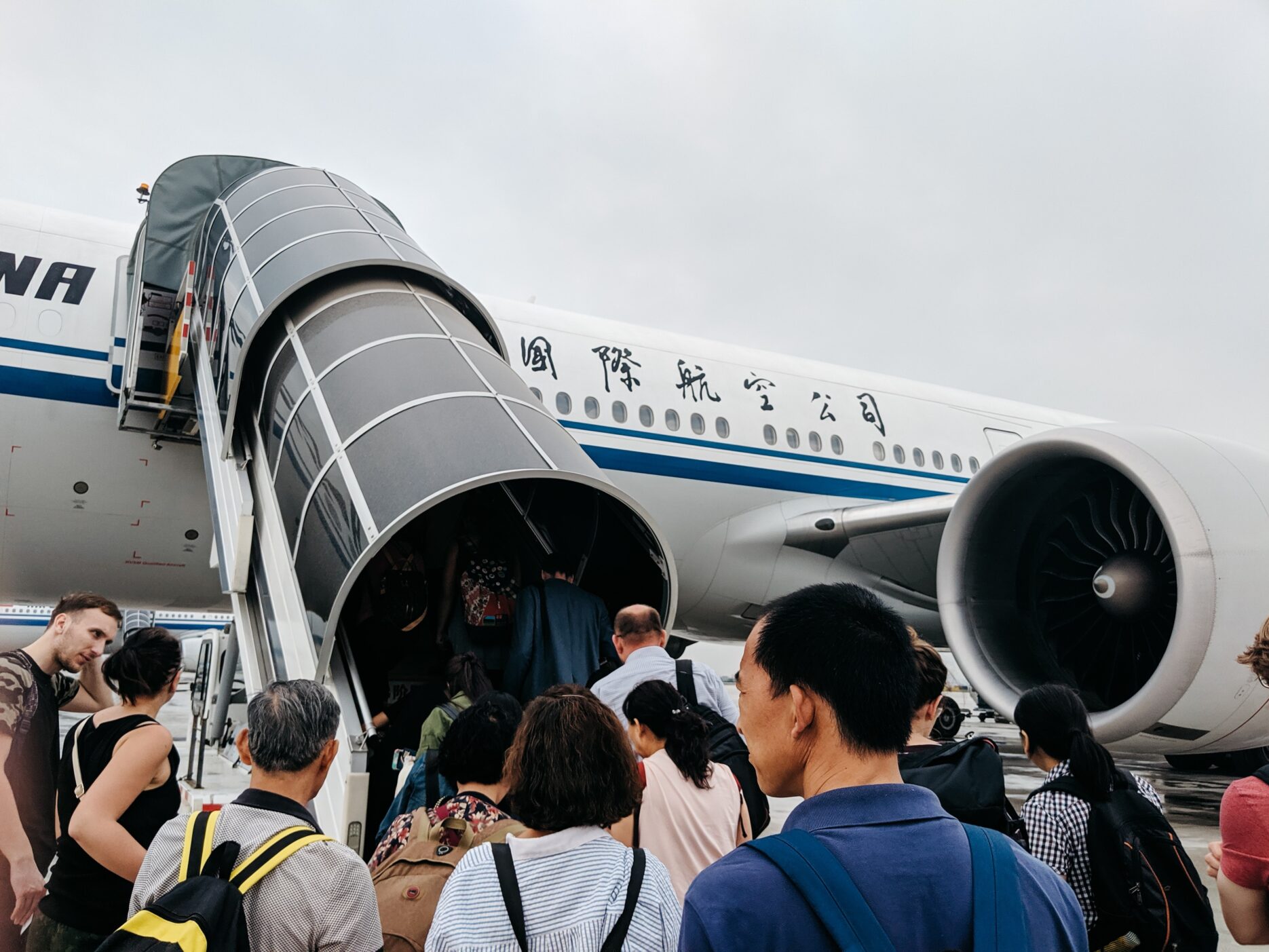After nearly three years of closed borders, China has announced the decision to reopen to the rest of the world.
Starting on January 8, hotel quarantines will no longer be required for inbound travellers. Vaccinated or not, passengers entering China will now only need a negative PCR result within 48 hours before departure in order to enter China with no need to apply for a health code. However, the latest quarantine-free policies do not apply to the tourist visa or 10-year visa, which may remain suspended until the second quarter of 2023.
As for Chinese citizens, not only will lockdowns of entire neighbourhoods be a thing of the past, but the government has also resumed processing visa and passport applications for Chinese citizens to travel abroad. According to data from the travel-booking company Trip.com, outbound flight bookings skyrocketed nearly 300% as of December 27 following the announcement to change border restrictions. As such, this sets up a potential flood of millions of Chinese tourists going overseas ahead of the Chinese Lunar New Year holiday.
While many Chinese citizens are enthused by the sudden prospect of future travel, not all countries are equally on board. Given that the sudden U-turn of governmental policies has caused an enormous wave of COVID infections nationwide, combined with the concern about the accuracy and reliability of China’s case and mortality data, several nations worldwide have begun implementing new COVID precautions against people travelling from China.
At present, the countries that impose COVID-19 restrictions on China include Japan, South Korea, the USA, Malaysia, India, Italy, the UK, France, Israel, Spain, Morocco, Australia, Canada, Thailand, and Qatar.
During a press conference in Beijing on January 3, Chinese Foreign Ministry spokeswoman Mao Ning criticised the new entry restrictions that target only passengers from China as “unacceptable” and “excessive”, stating that the epidemic control response lacks scientific merit. The government spokeswoman went on to say that Beijing would consider reciprocal measures against countries that sought to limit travellers arriving from China.
“We firmly oppose the practice of manipulating epidemic prevention and control measures to achieve political goals, and will take corresponding measures according to the principle of reciprocity,” Mao said.
Restrictions or not, as China gradually dismantles its stringent COVID measures and pivots its strategy to living with the virus, its new quarantine-free policies will eventually pave the way for Chinese residents to travel abroad, creating business opportunities both at home and overseas.









